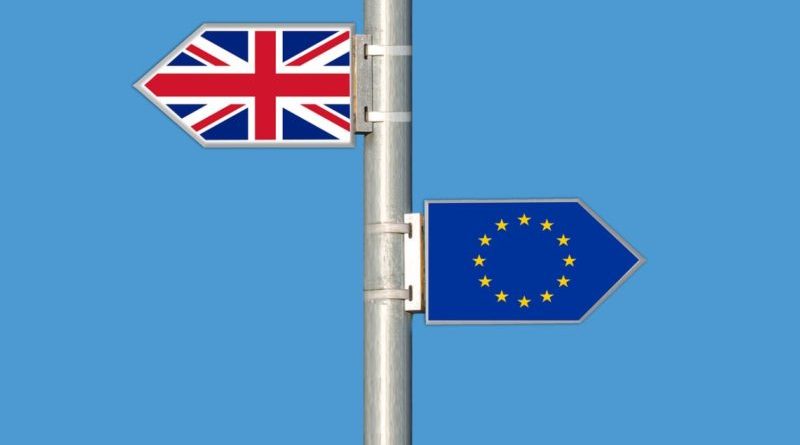GOV.UK provides guidance on consumer rights in case of no-deal Brexit
According to GOV.UK, over the last two years the government has been implementing a significant programme of work to ensure that the UK is prepared to leave the EU on 29 March 2019.
This includes the publication of a series of 106 technical notices setting out information to allow businesses and citizens to understand what they would need to do in a no-deal scenario so they can make informed plans and preparations.
Here is the government’s guidance for businesses in the event of a no-deal Brexit…
Consumer protection and cross border enforcement
The government has taken steps to ensure that after exit UK consumers will retain the protections they currently have when buying from UK businesses. This means making certain changes in UK legislation through the EU Withdrawal Act to ensure that the law operates effectively after exit.
As the UK will no longer be a Member State, there may be an impact on the extent to which UK consumers are protected when buying goods and services in the remaining Member States. The laws of those states are similar but may differ in some areas to UK law both as respective laws evolve over time as well as due to differing levels of harmonisation between Member States in some areas.
UK consumers will also no longer be able to use the UK courts effectively to seek redress from EU based traders, and if a UK court does make a judgement, the enforcement of that judgement will be more difficult as we will no longer be part of the EU. In addition, there will no longer be reciprocal obligations on the UK or EU Member States to investigate breaches of consumer laws or take forward enforcement actions.
The UK government has said it will continue to work with the Scottish Government, Welsh Government and the Northern Ireland Civil Service to ensure the future consumer protection regime works across the UK.
Implications
UK consumers should not see any immediate differences in protection between UK law and that of EU Member States as UK and EU law is highly aligned. However, consumers should always check the terms of consumer protection offered by the seller. UK consumers may need to seek redress through the courts of that state rather than UK courts. For further help and advice UK consumers can continue to contact the UK’s European Consumer Centre (the government has committed to funding the Centre for at least one year from April 2019 to March 2020).
Actions for businesses/stakeholders
The government’s guidance to businesses selling into EU countries is to keep apprised of any future changes in EU Member State laws.
Alternative Dispute Resolution and Online Dispute Resolution
In relation to Alternative Dispute Resolution the government has taken steps to ensure that consumers and businesses will still be able to use the Alternative Dispute Resolution process in the same way when buying and selling in the UK.
The UK government will continue to work with the Scottish Government, Welsh Government and the Northern Ireland Civil Service to ensure the future Alternative Dispute Resolution works across the UK.
The Online Dispute Resolution platform is run by the European Commission for Member States, so the UK will no longer have access to the platform.
Implications
The obligations around Alternative Dispute Resolution for businesses will not change as a result of a no deal. However, UK-based Alternative Dispute Resolution organisations will no longer be required to act in cross-border disputes. UK competent authorities, who approve Alternative Dispute Resolution providers, will no longer be required to report to the European Commission on the status of their Alternative Dispute Resolution activity.
Consumers may no longer have the right to use Alternative Dispute Resolution organisations to resolve their cross-border disputes.
Businesses and consumers will no longer be able to access and use the Online Dispute Resolution platform.
Actions for businesses/stakeholders
Businesses should continue to provide Alternative Dispute Resolution as per their current obligations. Businesses should remove references to the Online Dispute Resolution platform from their websites.
UK consumers will be able to contact the UK’s European Consumer Centre (ECCN) for help and advice. (The government has committed to funding the ECCN for at least 1 year (April 2019 to March 2020) if no deal is reached in March 2019).
The BA announced last week that Government grants are now available to UK businesses to help with training staff or for updating IT systems in preparation for a no-deal Brexit (which – if it happens – could involve a large increase in paperwork when trading with the EU27. )
According to the government’s guidance, a lot of consumer protections when buying from overseas may change or cease to exist in the case of a no-deal exit from the EU, possibly make some popular overseas discounters less appealing to consumers – a small plus side for UK trade?
For further guidance on the above, and for guidance on textile labelling and footwear labelling, view GOV.UK’s full advice page here.



